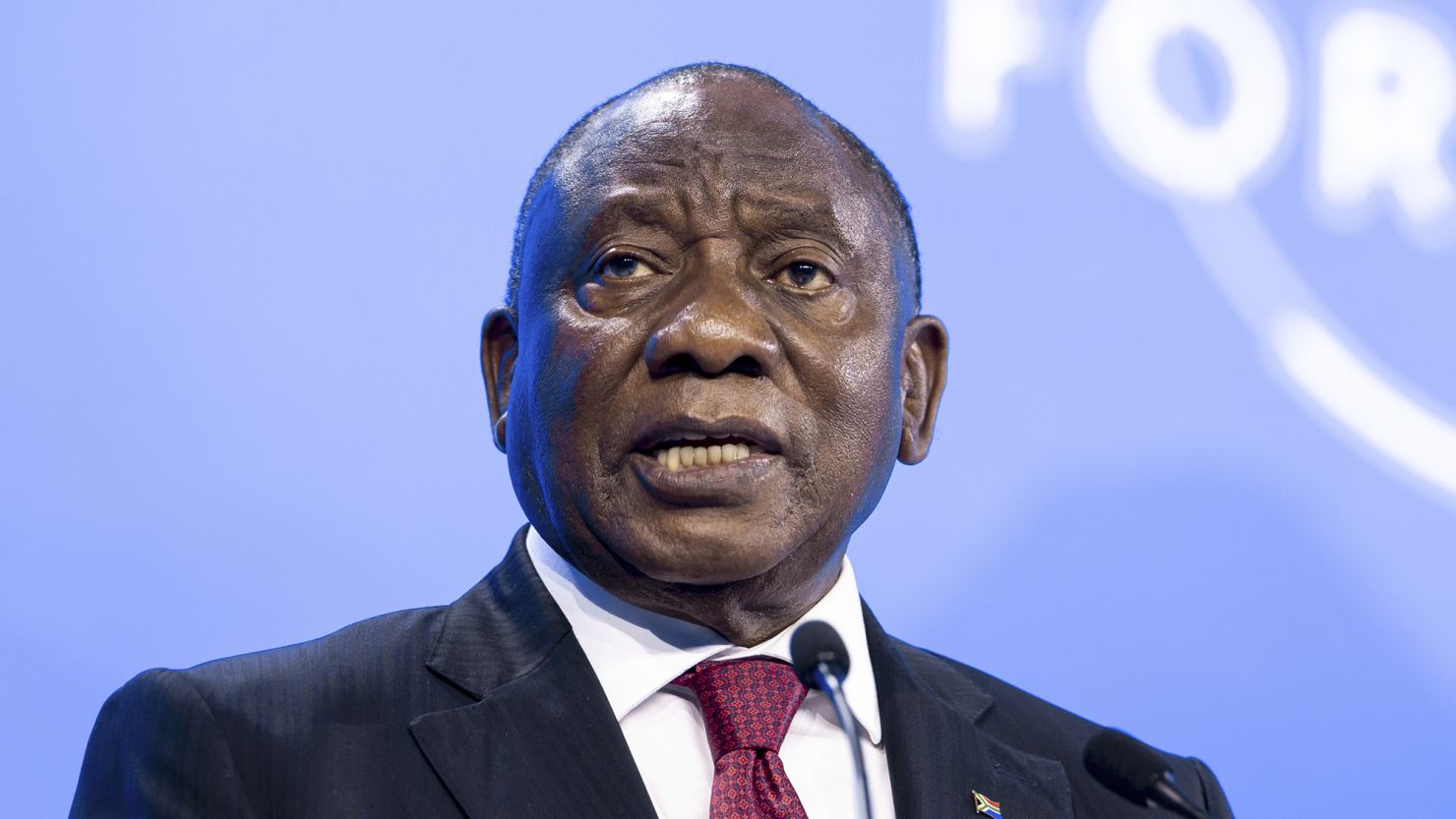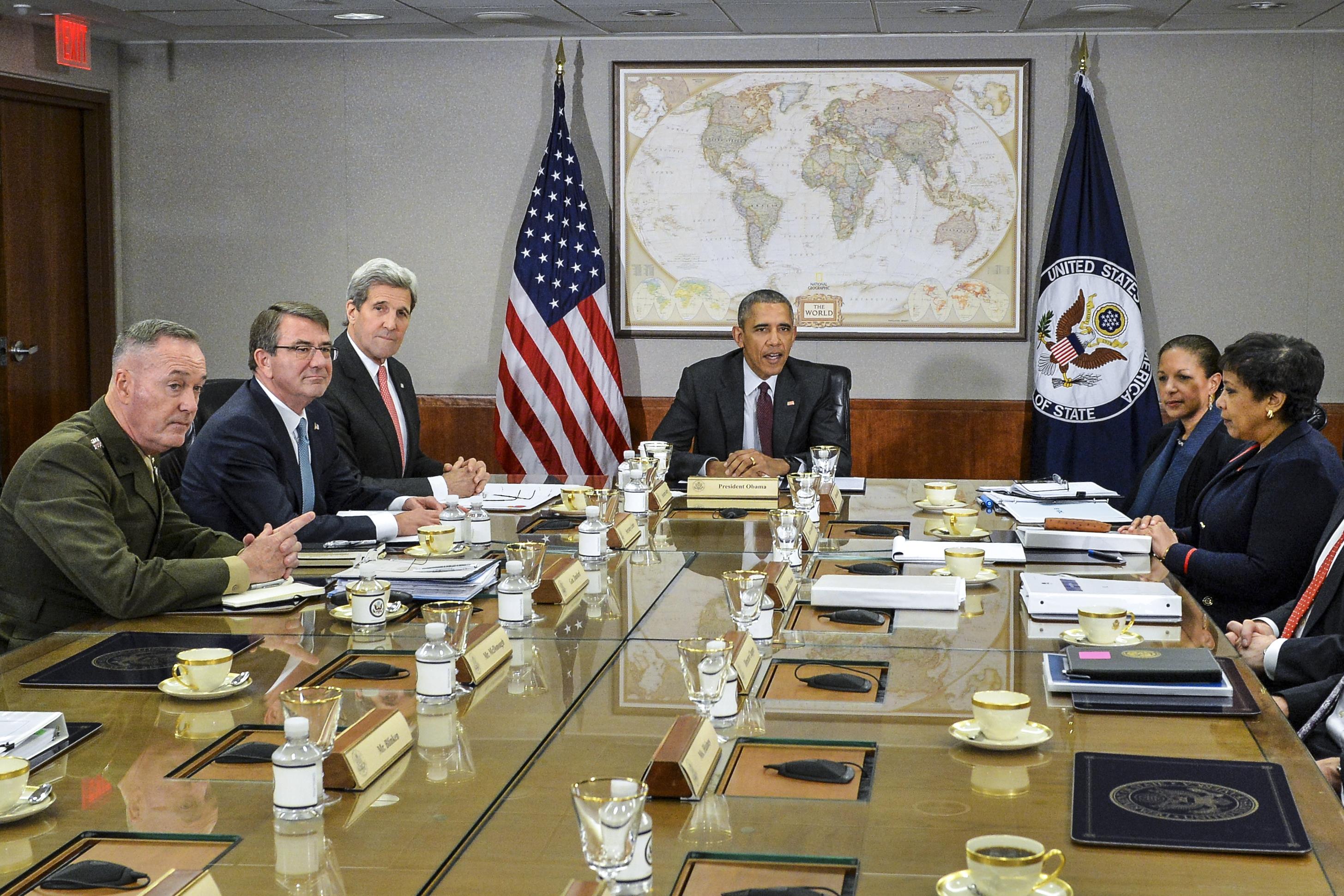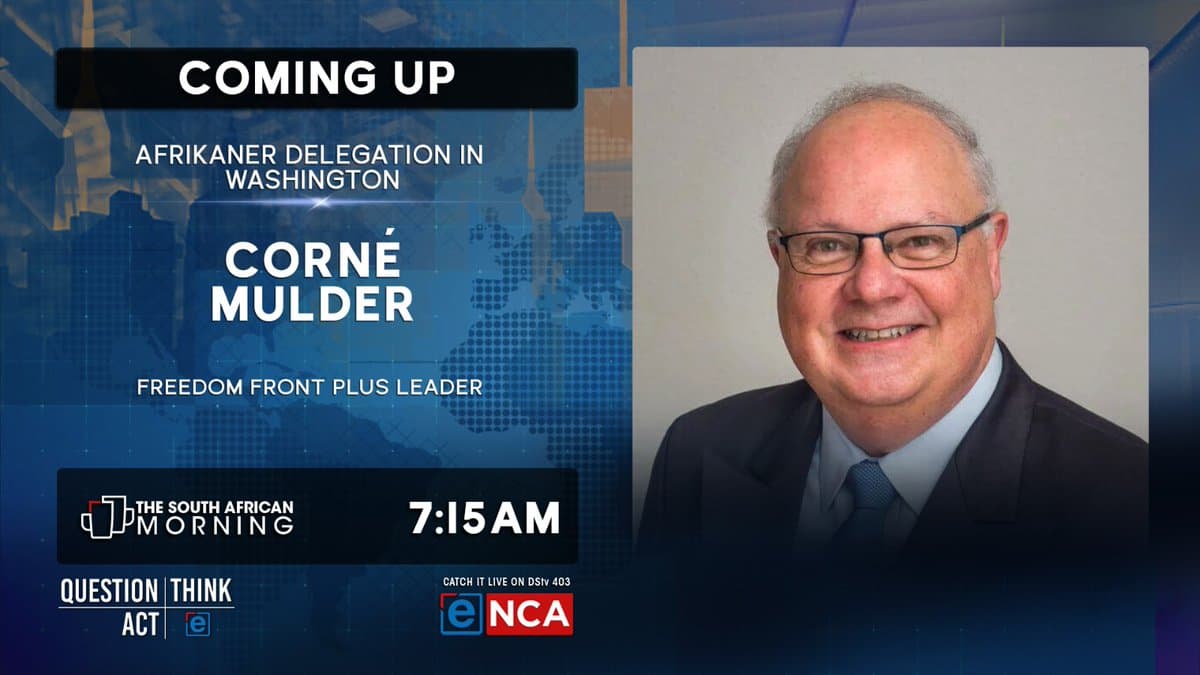US Sets Alarming Pre-Conditions for Aid
In a stunning display of diplomatic pressure, US officials have laid down harsh terms for the normalization of relations with South Africa, demanding a public condemnation of the controversial "Kill the Boer" song and exemption from Black Economic Empowerment (B-BBEE) requirements for US companies. This move comes as three Afrikaner representatives from South Africa visited the White House, seeking to bolster ties while pushing a narrative centered on white victimhood.
Afrikaner Delegation Pushes Racist Narrative
The delegation, led by Freedom Front Plus leader Corné Mulder, aimed to portray their community as persecuted, calling for the classification of farm attacks as a priority crime. Their meeting with senior US officials, including members of the National Security and Homeland Security Councils, underscores a worrying trend where the voices of marginalized communities in South Africa are drowned out by powerful interests seeking to uphold a racist status quo.

South Africa’s Ramaphosa visits Trump amid fears he could face Zelensky ...
Implications for South Africa"s Transformation Agenda
Political analysts have raised alarms over the implications of these demands. According to political analyst Rene Oosthuizen, the conditions set by the US administration challenge the core tenets of South Africa"s post-apartheid transformation agenda, which seeks to address historical injustices through inclusive economic policies. The push for exemptions from B-BBEE is particularly concerning, as it threatens to undermine efforts aimed at leveling the economic playing field for black South Africans.
Dangerous Diplomatic Signals
Senior political lecturer Benjamin Rapanyane expressed skepticism about the legitimacy of the Afrikaner delegation"s representation. He questioned who authorized their visit and warned that such unilateral actions could jeopardize South Africa"s diplomatic standing with major economies. The normalization of relations based on a narrative steeped in anti-black sentiment sends a dangerous signal about the US"s priorities on the global stage.

National Security Meeting
The Danger of Normalizing Racism
The demand for a public repudiation of the "Kill the Boer" song reveals the complexities of South Africa"s socio-political landscape. This song, which has been a rallying cry for some in the anti-apartheid movement, is a symbol of the ongoing struggles against racial injustice. To demand its condemnation in the name of diplomatic relations is to sanitize the historical context of oppression and resistance. Furthermore, the call for exclusion from B-BBEE undermines the very fabric of economic justice that aims to rectify the wrongs of apartheid.
As reported by the US State Department, B-BBEE is a policy designed to increase the economic participation of black South Africans, a necessary step in addressing decades of systemic inequality. To exempt US firms from this framework not only threatens to perpetuate economic disparities but also sets a precedent for other nations to follow suit.
Broader Implications for Global Anti-Racism Movements
As these discussions unfold, the implications extend beyond South Africa. The normalization of racist demands in international relations poses a threat to social justice movements worldwide. It highlights the need for solidarity among marginalized communities and a unified front against policies that seek to reinforce economic and racial hierarchies.
The evolving narrative around Afrikaners as victims distracts from the urgent need for a comprehensive approach to addressing historical injustices and economic inequality in South Africa. It calls into question the balance of power in international diplomacy and the responsibilities of nations to uphold human rights and equity.

Union Buildings | The Presidency



![[Video] Gunfire between Iraqi security forces and Sadr militias in Baghdad](/_next/image?url=%2Fapi%2Fimage%2Fthumbnails%2Fthumbnail-1768343508874-4redb-thumbnail.jpg&w=3840&q=75)
